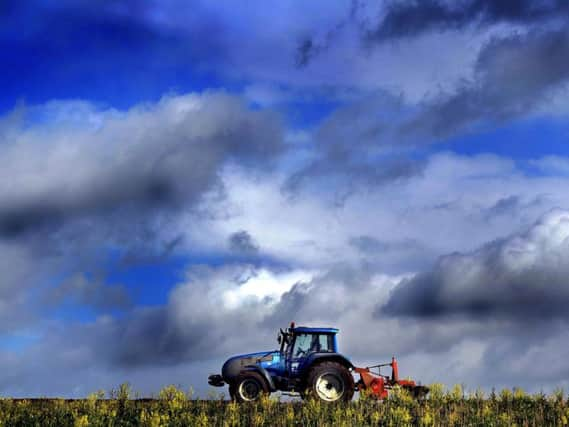The Yorkshire Post Says: Does the Government want small farms to survive?


This is the fundamental question which goes to the heart of today’s perturbing report by the Campaign to Protect Rural England on the economic fragility of those farms fighting for their
very financial future.
The very essence of England’s green and pleasant land, more than a third of farms under 50 hectares in size went out of business between 2005 and 2015. If this trend continues, the CPRE claims that they could all be lost to the country by the middle of the century.
Advertisement
Hide AdAdvertisement
Hide AdYet, while the pricing policies being pursued by the major supermarkets is exacerbating this crisis, there’s still a sense that the Government does not truly appreciate its scale – or repercussions.
Not only is it the smaller farms that produce the niche meat and food that has thrown a lifeline to the agriculture industry thanks to awareness campaigns about the provenance of family meals, but their careful stewardship of the countryside – in spite of financial and time pressures – provides the picture postcard scenery which is so alluring to visitors and tourists alike.
This is not the first report to issue such a stark warning. Many others have done so in recent weeks and their cumulative effect places Environment Secretary Michael Gove under even greater pressure as he looks to reform farm subsidies ahead of Britain’s planned exit from the EU.
Three things need to happen before housing developers have the chance to pounce. First, Mr Gove’s subsidy system should, at the very least, recognise the value of small farms – current arrangements do not.
Advertisement
Hide AdAdvertisement
Hide AdSecond, the rural economy must not be excluded from ongoing debates about regional devolution – it matters to Yorkshire. And, finally, consumers should continue to support local producers and challenge those supermarkets who could, and should, be doing more.
It’s going to require a collective effort like no other to save Britain’s farms – and countryside – and it will only happen if farmers, politicians and consumers come together in the national interest.